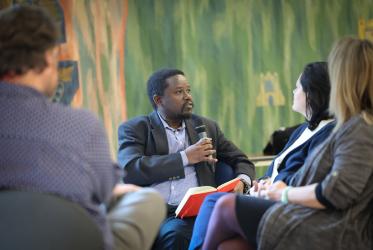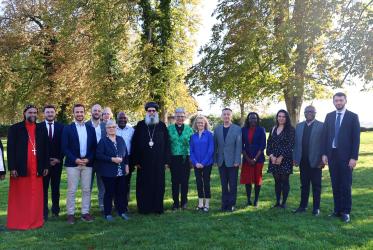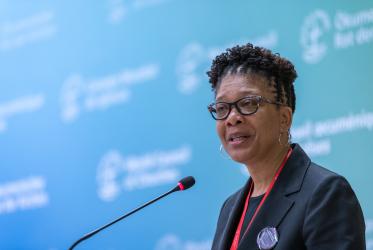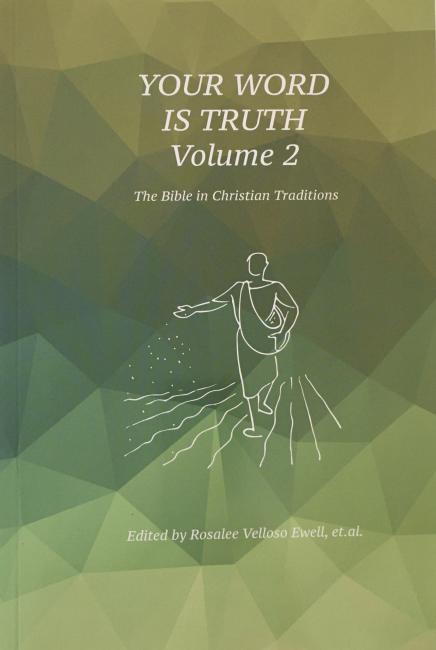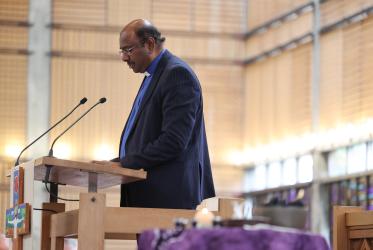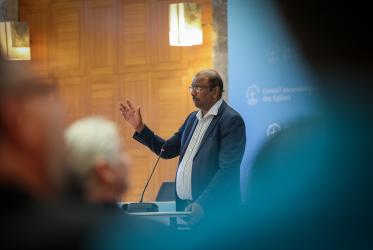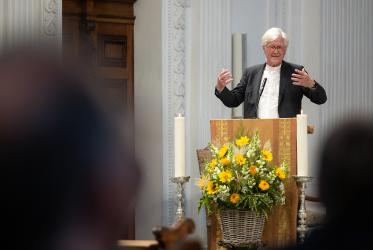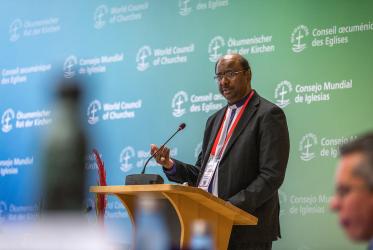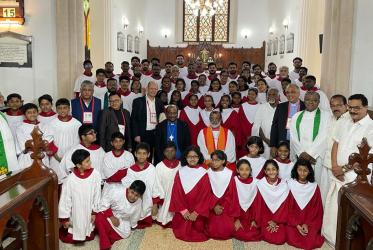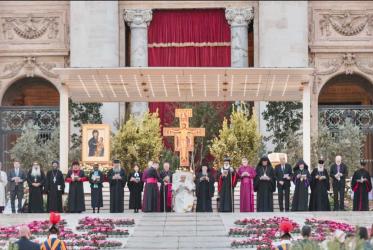Displaying 161 - 180 of 3822
26 October 2023
Thirty days that changed the ecumenical movement
23 October 2023
World Council of Churches hosts "Guardians of seeds" exhibition
18 October 2023
General secretaries celebrate collaboration and publication
13 October 2023
WCC moderator calls for a “reformation of hope” based on love
10 October 2023
Recommended Practices to Combat HIV-Related Stigma
A Guidebook for Local Faith Communities
05 October 2023
Faith Sector Implementation of the Global AIDS Strategy
05 October 2023
